The skyline is said to be a unique fingerprint of an urban city. The collective vista of a city physically represents the metro’s current facts of life, and can also provide a vision of its future.
Our adventure at Binondo a week before the Chinese Lunar Year made us realize that even the world’s oldest Chinatown has finally embraced urbanization without sacrificing its identity as a culture-rich district, thanks to the real estate boom in the country.
Here are the different ways how real estate is changing Old Manila’s skyline:
1. Encouraging urban residential living
One of the first things we noticed upon our group’s arrival at the famous Ongpin Street are the new high-rise residential buildings built a few steps away from the Filipino Chinese Welcome arch.
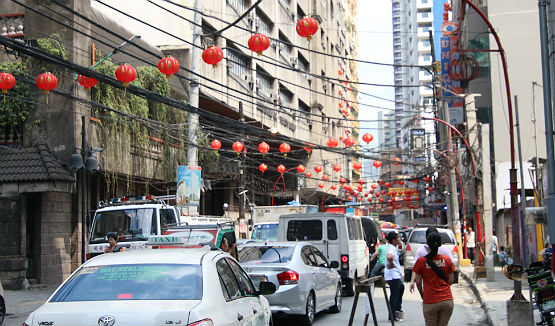
When we discussed this observation to local Paul Marvin Uy, whose family owned the popular Sincerity Cafe and Restaurant chain, he agreed that the demand for nearby living spaces from the Chinese-Filipino entrepreneurs might have spurred the development of residential structures in the area.
But is proximity really a factor for locals when buying a condo in Manila?
Economists believe that people are now open to living in high-density locations such as Binondo because they crave social engagement. Majority of the Chinese-Filipino locals who long to move out from the basements or attics of their stores in Binondo still choose to look for a home in the district simply because their place of business is there, their neighbors and friends are nearby, and they feel connected or rooted in Chinatown.
As such, vertical developments like Lee Tower, Wharton Parksuites, Princeview Parksuites, Oxford Parksuites and Mandarin Square, for example, are increasingly a popular choice of residential living for Filipino-Chinese homebuyers.
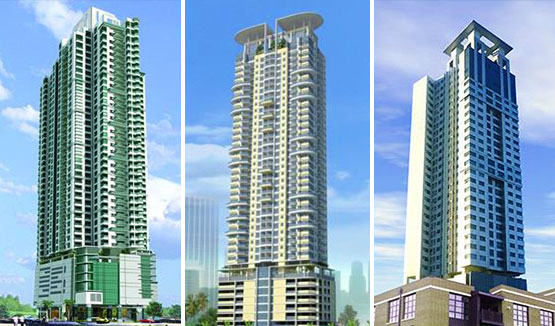
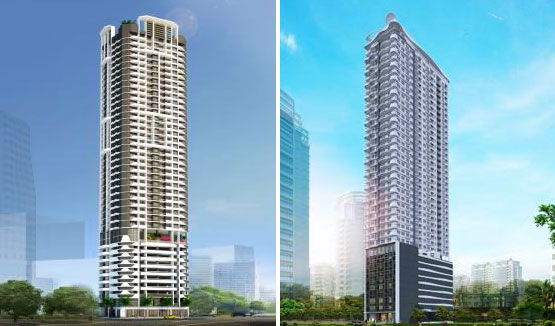
2. Paying homage to the past
Despite the rise of modern infrastructure in the area, Binondo appears to be confident in retaining its cultural and historical identity in the metro.
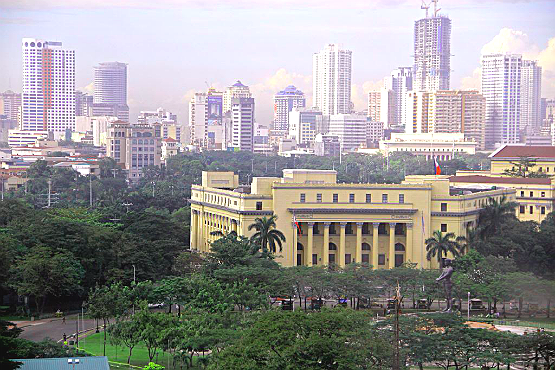
Historical buildings like the Minor Basilica of St. Lorenzo Ruiz and Plaza Lorenzo Ruiz for example, appear to settle nicely between modern infrastructure like the Old Manila treasures that they are.
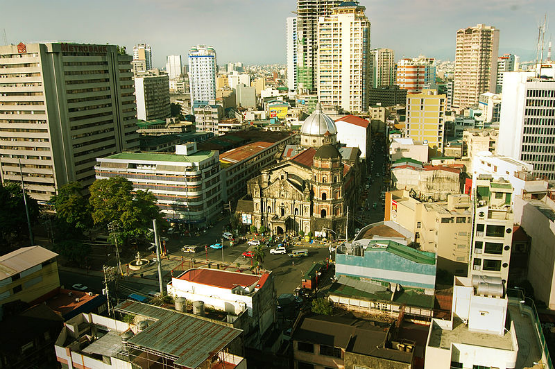
Several historical buildings are also being restored to their former glories, giving them a new lease in life. The former First National City Bank building along Escolta Street, for example, is pegged to be the next business process outsourcing hub in the city.
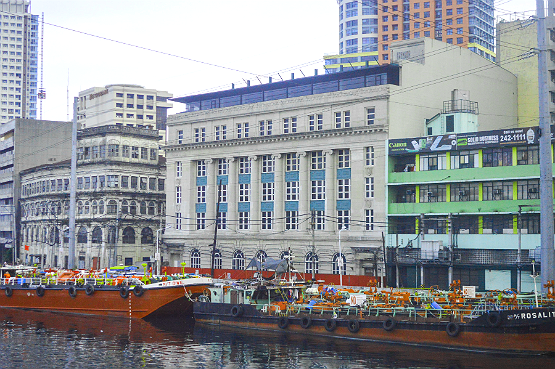
3. Redefining city lifestyle for the Chinese Filipino urbanite
The rise of vertical living spaces in the neighborhood also show the change in lifestyle preferences of its residents. The current demand for urban living spaces showed that Chinese and Filipino Chinese homebuyers, especially the millennials, now prefer to live in homes that they deserve.
Anchor Land Holdings CEO Steve Li told a national newspaper,
Chinatown residents had to move from home to experience the comforts of a luxurious lifestyle… (Residential developments) also helped transform the lifestyle of these Chinese businessmen as they began to separate work from home, allowing them to live with true comfort and luxury.
The exterior of the Anchor Skysuites, for example, is painted in the color of purple, the same purple used to deck the famous Binondo firetruck. In Chinese culture, purple signifies elegance or affluence. Its curve-like form also follows the principles of feng-shui by utilizing natural elements like the sun and wind. The property also offers 5,000 square meters of various amenities every Filipino-Chinese business person would want to enjoy after a long day.
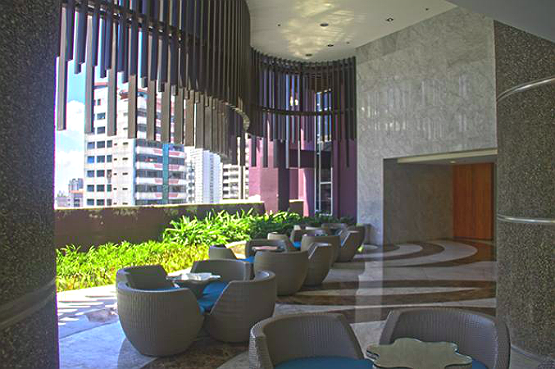
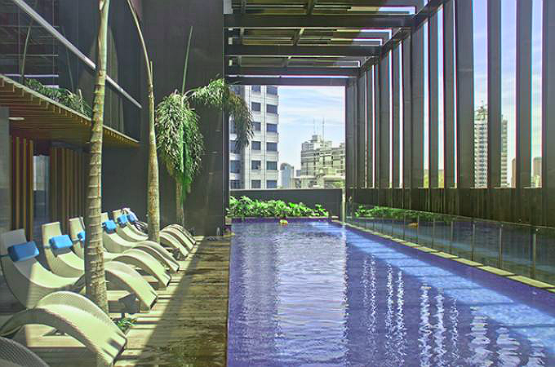
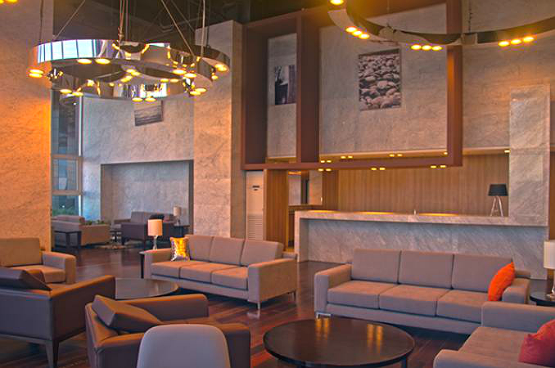
4. Providing a learning-focused haven for starter families in the city
Binondo is one of the underrated locations to look for a condo for sale in Metro Manila for starter or growing families. And for the Filipino Chinese parent who is looking for a home near a top Chinese school for his or her school-age children, condo units in learning-focused real estate developments like the Oxford Parksuites are on the top of the home search results list.
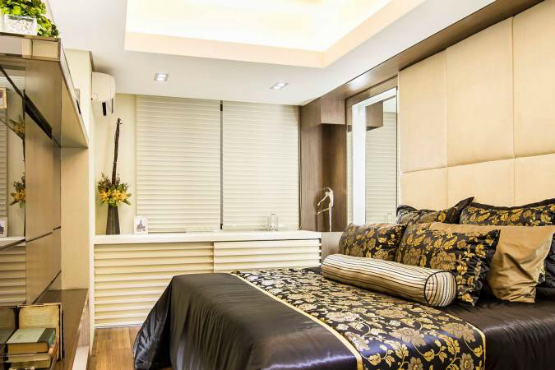
Properties in learning-focused real estate developments also offer homebuyers better value for money. Because they are considered second homes for their school-age children, these properties can also earn rental or lease income in the future once the children graduates from school.
5. Reestablishing Binondo as a primary business district in Manila
Given its rich historical significance in the country and its initial role in Philippine business and commerce, it is only right that Binondo earns back the recognition of being a primary business district.
For long, Old Manila has been overshadowed by the dominance of central business districts in the Philippines like Makati and Taguig, no thanks to these cities’ towering vertical infrastructure.
However, Anchor Skysuites at 58 stories can very well pave the way for Old Manila to reclaim that title, considering the fact that it is the tallest building in Manila Chinatown and across all Chinatowns in the world. Since completion, the real estate development has dominated some of the tallest condominiums in the Philippines.
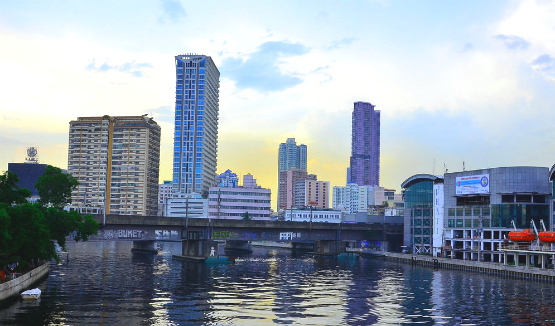
Want to make Binondo your new home? Look for a condo for sale in Manila here.











